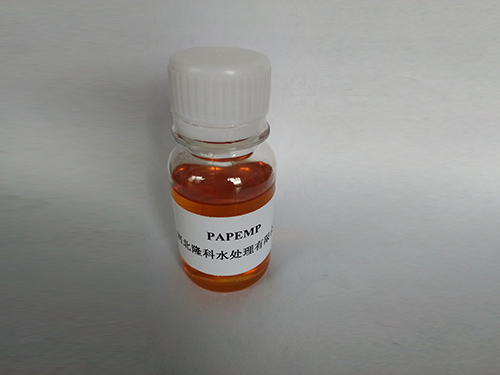Zinc HEDP Applications and Benefits in Various Industries
The Role of Zinc HEDP in Water Treatment
Zinc, an essential trace element, plays a critical role in various biological functions and industrial applications. One of the significant compounds involving zinc in water treatment is Zinc Hydroxyethylidene Diphosphonate (Zn-HEDP). This compound, a derivative of HEDP (Hydroxyethylidene Diphosphonic Acid), has gained attention for its effectiveness in inhibiting scale formation and corrosion in water systems, making it valuable in various industries, particularly in water treatment and oil and gas.
Understanding HEDP
HEDP is a phosphonic acid compound widely used in various applications, including metal treatment, detergents, and water treatment processes. It is known for its excellent chelating properties, meaning it can bind effectively with metal ions, preventing them from precipitating out and forming scale. When zinc is added to HEDP, the combination not only maintains the chelation but also imparts unique qualities, enhancing its effectiveness in diverse environments.
Importance of Zinc HEDP in Water Treatment
1. Scale Inhibition One of the primary benefits of Zinc HEDP is its ability to inhibit scale formation. Scale can build up in pipelines, boilers, and heat exchangers, leading to reduced efficiency and potential system failures. Zinc HEDP works by binding to calcium and magnesium ions, which are the primary constituents of scale, thereby preventing their deposition on surfaces.
2. Corrosion Control In addition to scale inhibition, Zinc HEDP provides excellent protection against corrosion. Corrosion can significantly shorten the lifespan of equipment and increase maintenance costs. The presence of zinc ions in Zinc HEDP forms protective films on metal surfaces, further enhancing its ability to prevent corrosion. This characteristic is particularly vital in environments where metals are exposed to water and other corrosive agents.
.
Applications Across Industries
'zn hedp 锌hedp'

Zinc HEDP finds applications across various industries that require effective water treatment solutions. These include
- Power Generation In power plants, the efficiency of cooling systems is paramount. Zinc HEDP is used in cooling water systems to prevent scale and corrosion, ensuring maximum heat exchange efficiency and reduced downtime.
- Oil and Gas Industry The oil and gas sector faces significant challenges related to scaling and corrosion in pipelines and processing equipment. Zinc HEDP is utilized to enhance the longevity and reliability of these systems, thereby reducing operational costs.
- Textile and Dyeing Industry In textile processing, maintaining water quality is crucial for producing high-quality products. Zinc HEDP helps in controlling hardness and preventing deposits in dyeing machines.
- Residential Water Treatment In domestic applications, Zinc HEDP can also be found in formulations designed to protect household plumbing systems from scale and corrosion, ensuring a longer lifespan of pipes and appliances.
Environmental Considerations
While the use of Zinc HEDP is beneficial, it is essential to consider its environmental impact. Zinc, in excessive amounts, can be harmful to aquatic life. Thus, it is crucial for industries to monitor and control the levels of Zinc HEDP used in their processes. Responsible management and adherence to environmental regulations are necessary to mitigate any potential risks associated with heavy metal release into water bodies.
Conclusion
Zinc HEDP has emerged as a vital component in water treatment, offering solutions for scale inhibition, corrosion control, and microbial management across various industries. Its unique properties make it an invaluable asset in enhancing system efficiency and reducing maintenance costs. As industries continue to pursue sustainable practices, the responsible application of Zinc HEDP can contribute to both operational success and environmental stewardship. The continuous development and refinement of such compounds will likely play a pivotal role in future water treatment technologies.
-
Water Treatment with Flocculant Water TreatmentNewsJun.12,2025
-
Polymaleic AnhydrideNewsJun.12,2025
-
Polyaspartic AcidNewsJun.12,2025
-
Enhance Industrial Processes with IsothiazolinonesNewsJun.12,2025
-
Enhance Industrial Processes with PBTCA SolutionsNewsJun.12,2025
-
Dodecyldimethylbenzylammonium Chloride SolutionsNewsJun.12,2025





